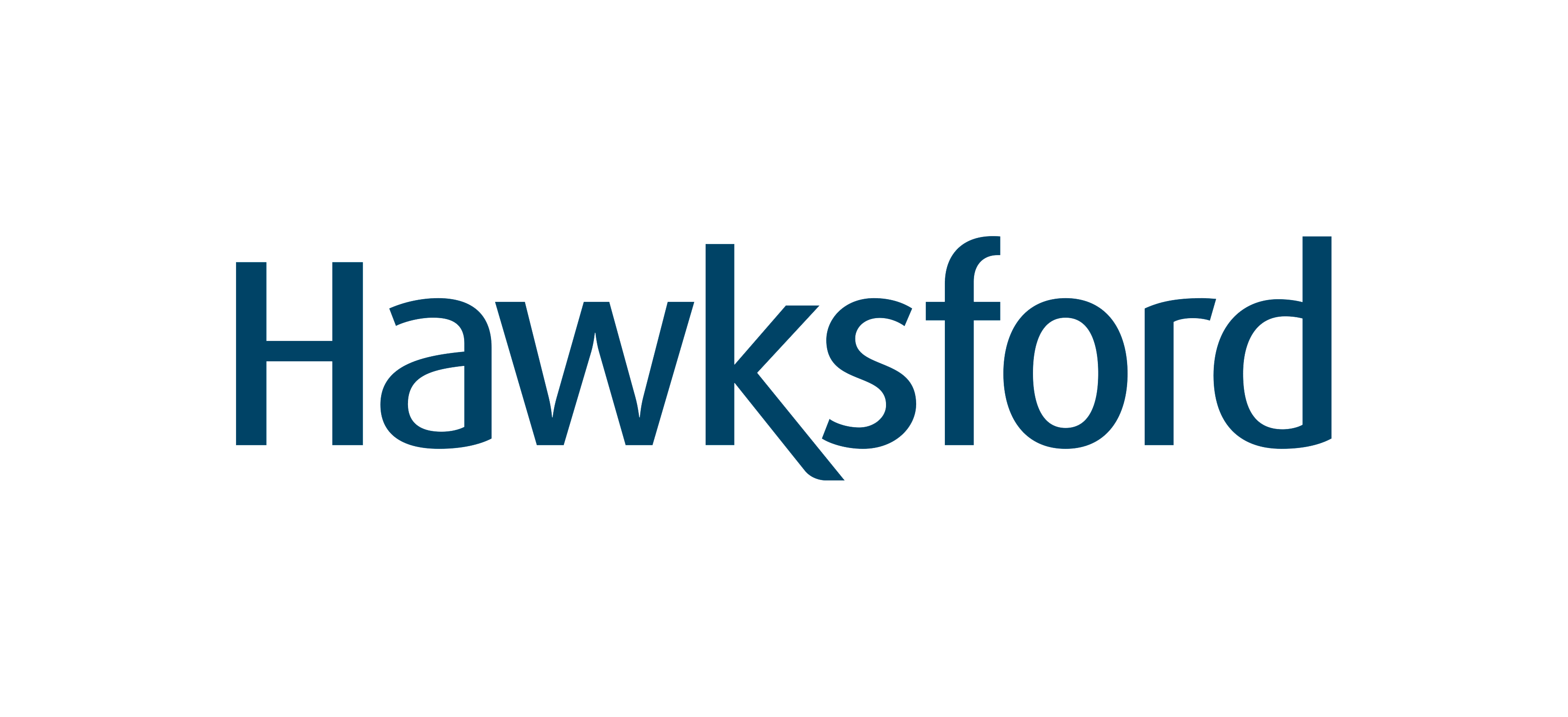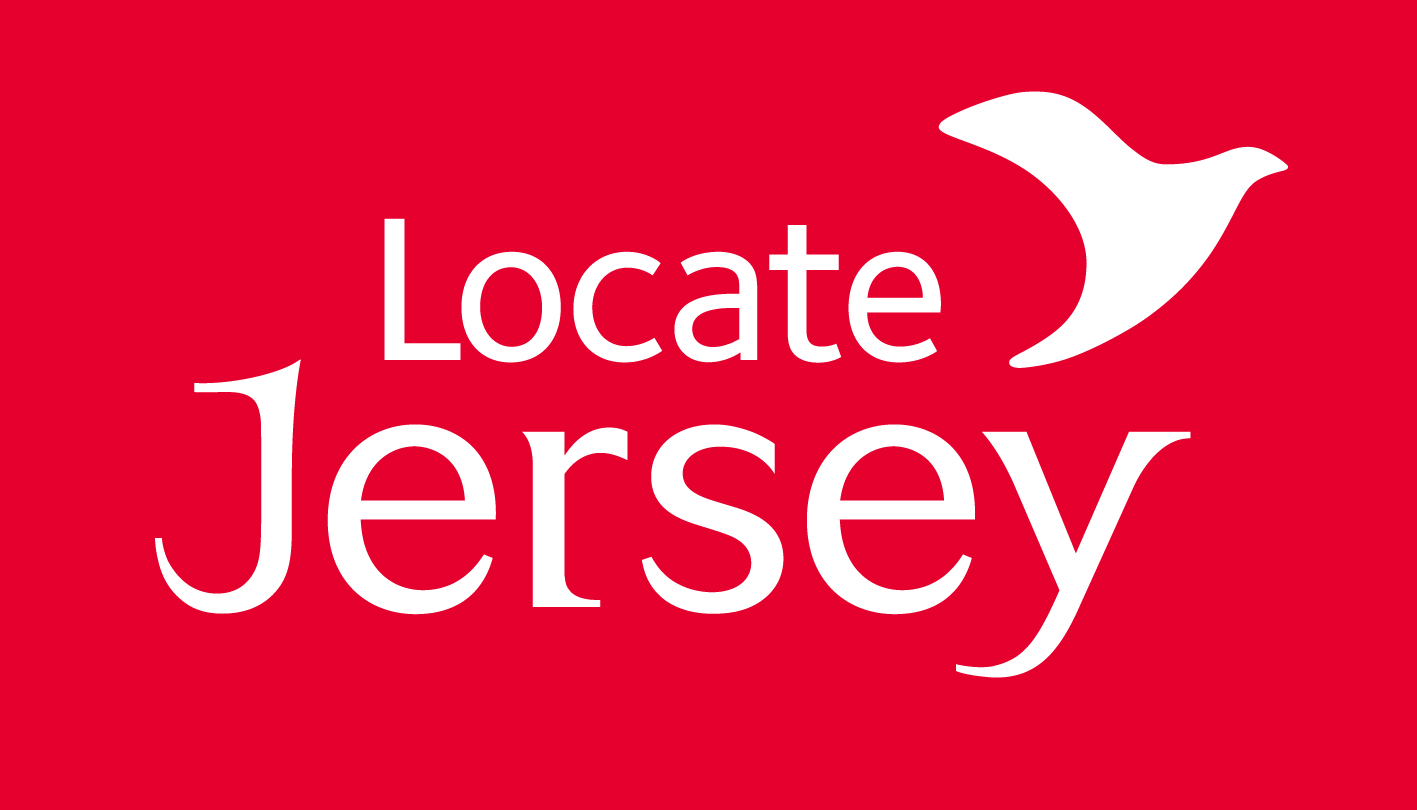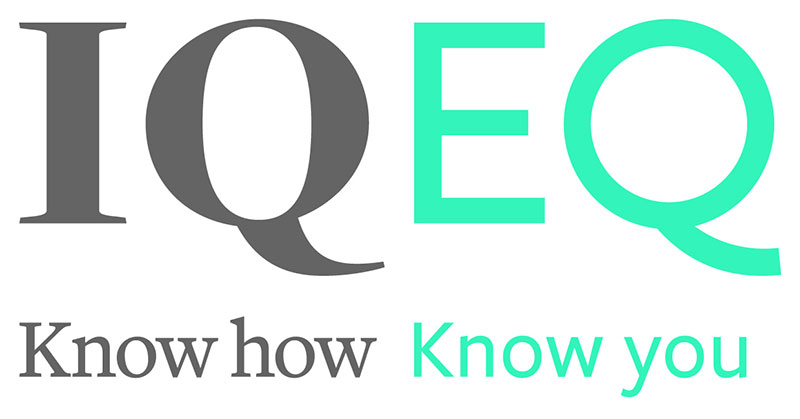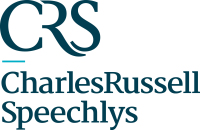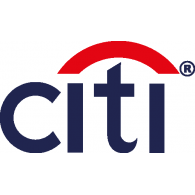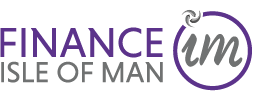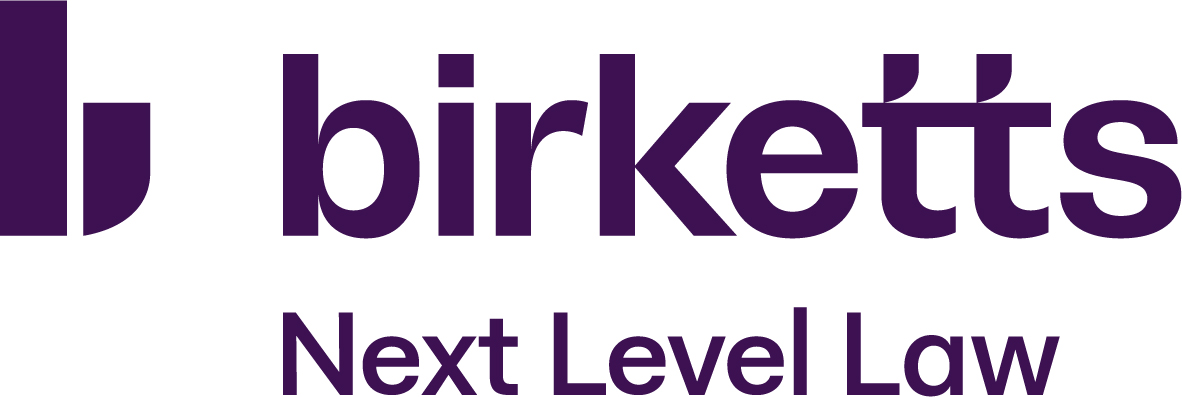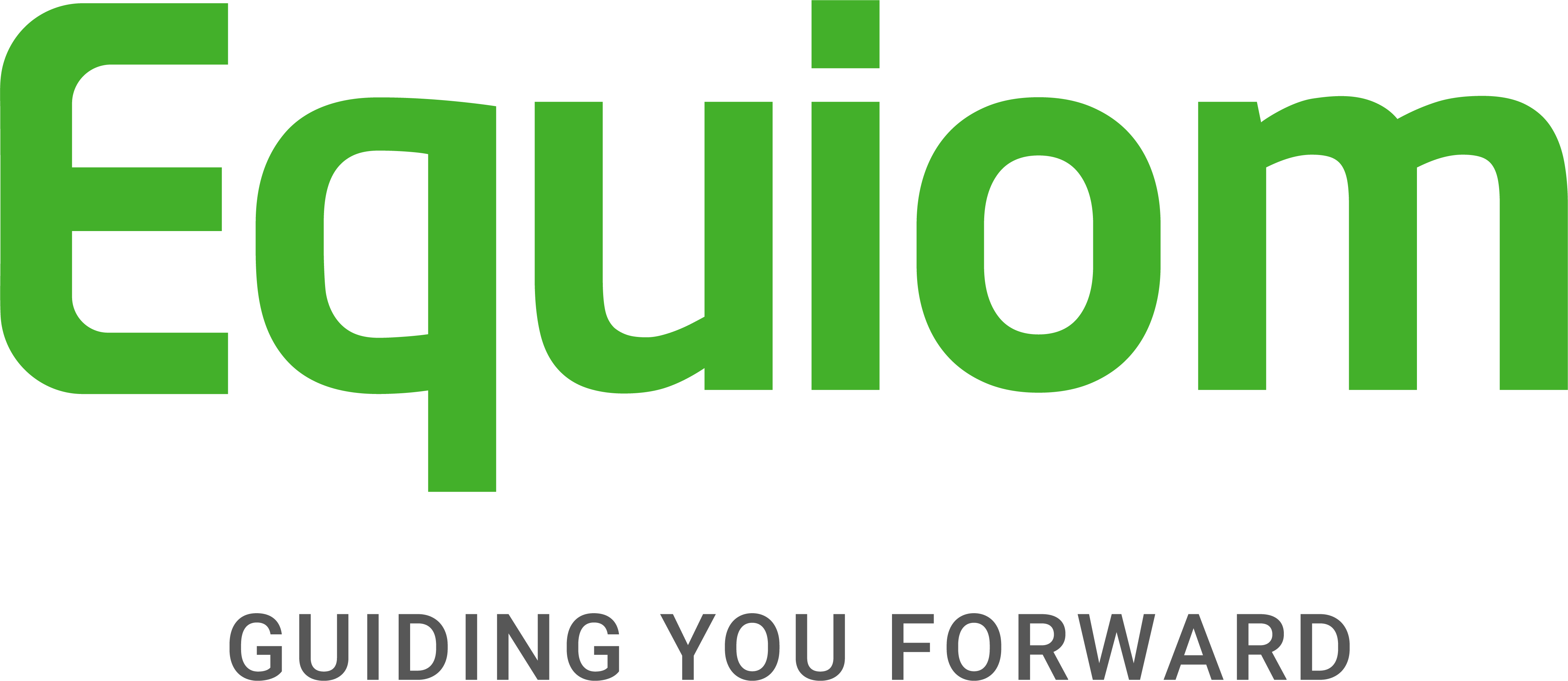Protecting family wealth for the future
By Rachael Oakes, Partner and Head of Platinum Client Services at Freeths
This article is available as a PDF download. Please click here to download.
Since the radical changes to trusts in the 2006 Budget many families with complex business and investment requirements have opted to use a Family Investment Company or 'FIC' over a traditional trust structure. Neither offers a 'silver bullet' as each vehicle has its own advantages and disadvantages and the best structure for the family may be a blend of the two.
Below are some scenarios that would favour a trust or a FIC
FIC
Cash can be put into a FIC by way of loan or equity investment without a tax charge. It can then be used to acquire property or other investments. Cash put into a trust will incur an immediate income tax charge.
You intend to roll-up income and profit and reinvest it
Companies benefit from low Corporation Tax rates (for the time being). If profit is left in the FIC and reinvested, less tax will be paid that in a trust structure.
You are familiar with companies and the way they work
A FIC is a company like any other. It has share capital, which can be structured with different classes to achieve different aims. It is run by its board of directors, which can be family members, but need not be. This may be more familiar than a trust structure.
You are concerned about limited liability
A limited liability company, unlike a trust, offers limited liability to its shareholders. Its directors' liability is restricted to breach of directors' duties and issues around solvency.
You are concerned about confidentiality
If an unlimited company is used (as opposed to a limited company), it does not need to file accounts so its value remains confidential. The trade-off is that the liability of shareholders is unlimited. However, many FICs hold relatively passive investments so liability is not an issue, unlike a trading company. As a result, FICs are commonly unlimited companies.
Trust
You have assets which are standing at a capital gain
Assets which are standing at a gain may be transferred into a Trust and the gains which would otherwise arise may be deferred if certain conditions are met. Whilst this doesn't wipe out the gain it may be that the gain can be managed over time.
You are familiar with family trusts and how they work
If you have existing family trusts then the way in which a trust works may already be familiar to you. It is often the case that trusts for the same or a similar pool of beneficiaries can be managed efficiently alongside one another.
You have children or other family members who are vulnerable
Where there are family members who are vulnerable or lack capacity then a 'vulnerable beneficiary trust' has various tax advantages. This also avoids assets being held by the vulnerable person which could cause complications in the future including the need for deputyship orders and statutory Wills.
You do not want to determine the distribution or timing of the income or capital
A discretionary trust leaves open the determination of the distribution of the income or capital of the trust assets as well as the timing of any distributions. This means that the trust is able to adapt to changing circumstances.
Case Studies - Family Investment Company (FIC)
Meet the Smiths
Mr and Mrs Smith owned a company, which they sold for £10m. They invested the proceeds in a FIC as to £5m as a loan and £5m as share capital. They gifted some of their shares to their adult children. Providing Mum and Dad survive 7 years there will be no tax to pay on the transfer of shares.
The company is managed by its directors - Mum, Dad and the two children. Mum has a chairman's casting vote so parents retain effective control.
The children's shares are B shares which must be transferred back to Mum and Dad if the children try to transfer them outside the family, divorce, become bankrupt or die leaving them by Will outside the family.
The company will use the funds invested to acquire commercial property. Income generated will be subject to corporation tax at 19% and can therefore be reinvested tax efficiently to build capital. Loans can be taken out tax free. Dividends will be taxed at the individuals' marginal dividend rates.
Meet the Jones
Mr Jones is a high-net-worth individual who has cash available personally and in family trusts to invest. He decided to incorporate a FIC, the shareholders of which are Mr Jones, the family trust and his two children.
Mr Jones' / the Trust's investment is made by a combination of loans and share capital. There are three classes of shares: A shares which carry votes but no income or capital rights, B shares which carry income and capital rights, but no votes, and redeemable preference shares. Mr Jones, the children and the trust receive A (voting) shares. Mr Jones retains a sufficient percentage of A shares to ensure that he controls the company, but children are involved in management.
Mr Jones also wanted to take advantage of cheap mortgage rates by borrowing from the bank leveraging his investment and increasing the return. The FIC is the borrower and was able to provide security over the property it acquired by way of fixed charges and debentures.Mr Jones and the children also sit on the board as directors. Mr Jones controls the board by having the ability to remove directors as a majority shareholder.
The Trust subscribed at nominal value for the B shares, which provide income and capital value. The Trust invested cash for redeemable preference shares. Mr Jones also made an unsecured personal loan (subordinated to the bank's loan). The redeemable preference shares and the loan mean that cash can be extracted relatively easily once the bank has been repaid, or with the bank's consent. The Trust may choose to appoint shares out to the children (as beneficiaries) in future.
Case Studies - Trusts
Meet the Coopers
Mr and Mrs Cooper are high net worth individuals with substantial investment portfolios, a valuable property in which they live and some land with development potential. They also have two children who are adult but lack capacity.
They want to provide for their children so that they can be cared for after their deaths. Mr and Mrs Cooper each create a vulnerable beneficiary trust, one for the benefit of each child, into which they gift a portion of their investment portfolios together with a share in the family home.
Mr and Mrs Cooper are the Trustees of each of the Trusts and therefore can control how the funds are used for the benefit of their children in particular, what care is funded by the Trust.
Meet the Wilsons
Mr and Mrs Wilson have a substantial investment property portfolio which they have built up over a number of years. Some of the properties that they initially acquired are now standing at significant gains. The earlier properties are no longer mortgaged and so the income yield is good. As he comes up to retirement Mr Wilson will increase his involvement with the management of the properties.
Mr and Mrs Wilson have three adult children. Their two elder children also have children who are all enrolled in fee paying schools. Their third child is younger than the other two and is married but does not yet have any children.
Mr and Mrs Wilson would like to assist with the payment of school fees for their grandchildren but as more grandchildren are possible they do not want to determine the distribution of the income or capital and would like to keep this flexible. They also are reluctant to incur any capital gains tax which would arise as a result of direct gift.
Mr and Mrs Wilson each created a discretionary trust into which they both gifted their share in two investment properties electing to hold over the gains which had accrued over time. They then revocably appointed the income equally between their present grandchildren with a view to altering the income split as the need for income for fees arises.
If you would like to know more about how we can help you preserve your family wealth for generations to come, please do not hesitate to contact Rachael Oakes about our Platinum Services.
Sponsorship
Find out why leading brands in the private client industry are partnering with PCD to raise their profile, make connections and drive new business.
Membership
Find out how you can participate in the leading club for international private client advisors and unlock opportunities around the globe.


